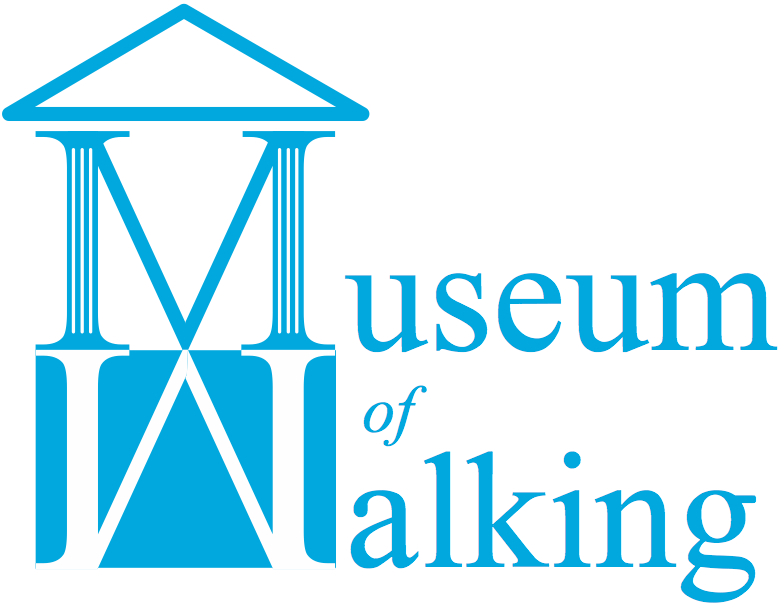To celebrate the 300th anniversary of the publication of Daniel Defoe’s much-loved classic Robinson Crusoe published on the 25 April 1719, and to complement our Crusoe300 Flash Fiction Walkshop, we ran a Crusoe300 flash fiction competition.
We are delighted to announce the publication of Shipwrecked, a limited edition chapbook, published by Sampson Low Publishers.
Shipwrecked includes the winning stories from the competition judged by N G Bristow (screen writer, director and visual artist running the MA in Directing Fiction at Goldsmiths University of London), Rebekah Lattin-Rawstrone (author, editor and tutor on the Novel Studio at City, University of London) and Andrew Stuck (Founding Director of the Museum of Walking).
Defoe himself published hundreds of chapbooks, and these stories are all inspired by his most famous work, Robinson Crusoe in different ways; challenging colonial perceptions, questioning the veracity of narrative, playing with the idea of abandonment and escape. To read on and enjoy… by your copy here:
Buy a single copy: £2.99 (plus £1.20 p&p within the UK), Buy 3 copies each at £2.60 (plus £1.20 p&p within the UK). Additional postage charges will apply for shipment beyond the UK: for single copies to Europe an additional £1, for 3 copies to Europe an additional £2; for single copies to the rest of the world an additional £2, for 3 copies to the rest of the world and additional £3. For larger quantities, please Get in Touch.
We asked the winning authors to tell us what it was in Robinson Crusoe that inspired them to write their stories:


